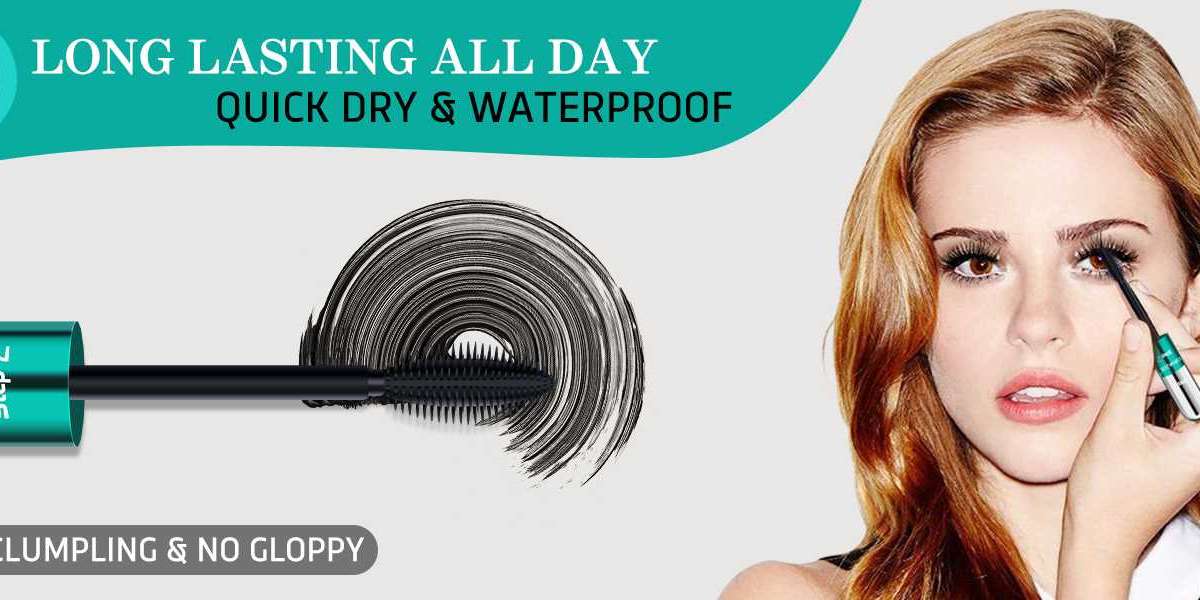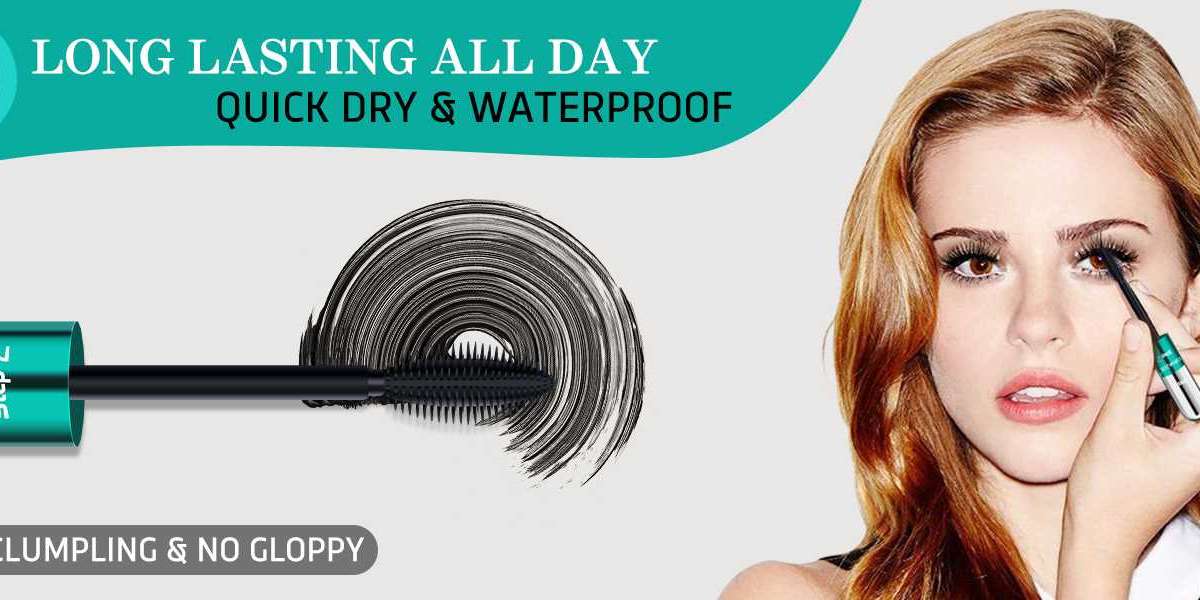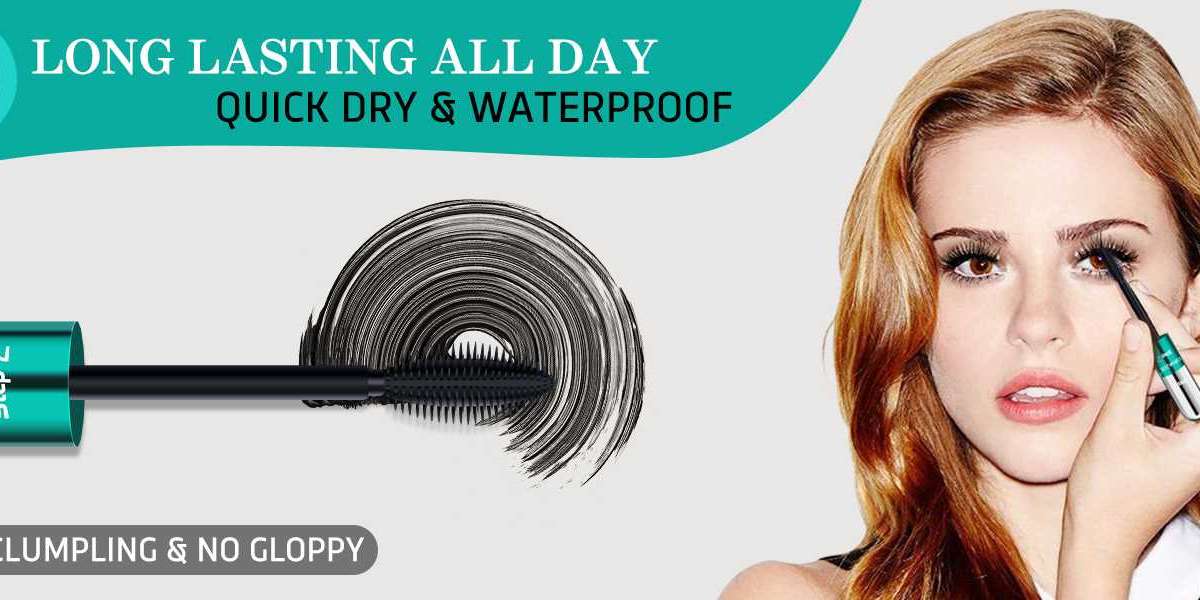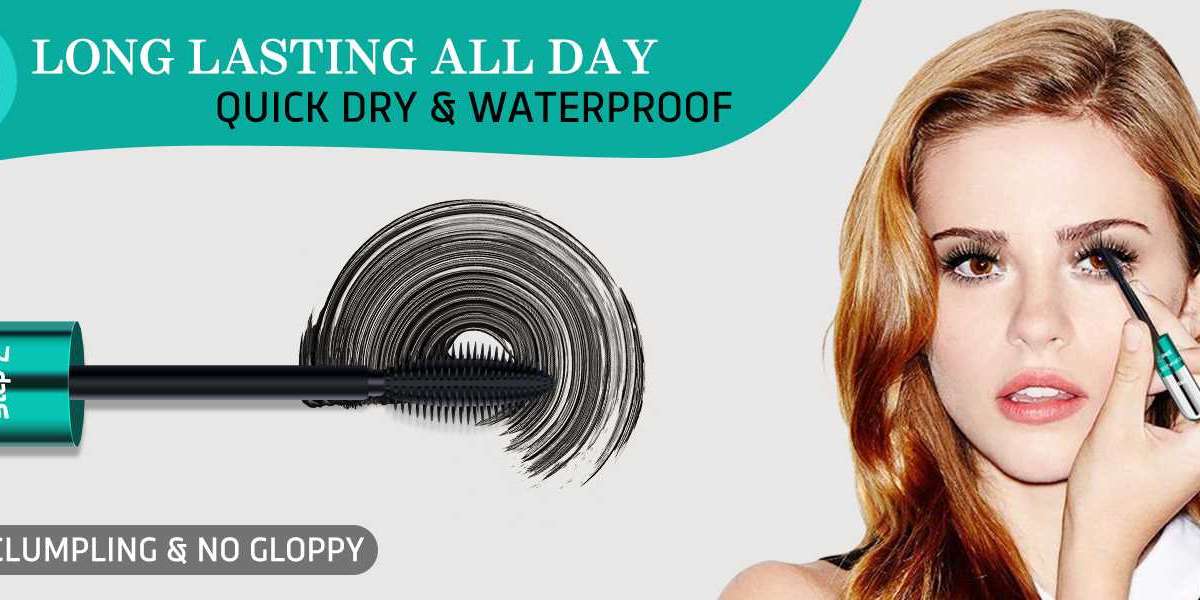In a world increasingly defined by excess and consumerism, the minimalist lifestyle offers a refreshing alternative. Minimalism isn’t just about decluttering your home; it’s a mindset that prioritizes the things that truly matter, helping individuals lead more intentional and fulfilling lives. This article explores the principles of minimalism, its benefits, and practical tips for adopting a minimalist lifestyle. https://whyblinking.com/
The Principles of Minimalism
At its core, minimalism is about reducing distractions and focusing on what’s essential. It encourages people to question what they own and why they own it. Minimalists often ask themselves: “Does this item add value to my life?” If the answer is no, they consider letting it go. This philosophy can extend beyond physical possessions to include relationships, activities, and even digital clutter.
Benefits of a Minimalist Lifestyle
Adopting a minimalist lifestyle can have profound benefits, both physical and mental.
1. Reduced Stress and Anxiety
Clutter can be a significant source of stress. Studies have shown that a cluttered environment can lead to increased levels of the stress hormone cortisol. By decluttering, individuals can create a more serene and organized living space, which can contribute to reduced anxiety and a greater sense of calm.
2. Financial Freedom
Minimalism often leads to more mindful spending. By focusing on purchasing only what is necessary and valuable, people can save money and reduce debt. This financial freedom can provide more opportunities to invest in experiences and activities that enrich their lives.
3. Enhanced Focus and Productivity
A clutter-free environment can improve focus and productivity. With fewer distractions, minimalists can concentrate better on their tasks and achieve their goals more efficiently. This clarity can also extend to decision-making processes, making it easier to prioritize and manage time.
4. Environmental Impact
Minimalism promotes sustainability. By consuming less and being mindful of their purchases, minimalists can reduce their ecological footprint. This approach often includes buying higher-quality items that last longer, thus reducing waste and supporting a more sustainable lifestyle.
Practical Tips for Embracing Minimalism
Transitioning to a minimalist lifestyle doesn’t happen overnight. Here are some practical tips to help you get started:
1. Start Small
Begin your minimalist journey by decluttering one area at a time. It could be a single drawer, a closet, or a room. The key is to start small and gradually work your way through your home.
2. Evaluate Your Possessions
Take a critical look at your belongings and ask yourself if each item serves a purpose or brings joy. If not, consider donating, selling, or recycling it. The goal is to keep only what adds value to your life.
3. Adopt a One-In, One-Out Rule
To prevent clutter from accumulating, adopt the one-in, one-out rule. For every new item you bring into your home, let go of an existing one. This practice helps maintain balance and prevents unnecessary accumulation.
4. Simplify Your Schedule
Minimalism isn’t just about physical possessions; it’s also about how you spend your time. Evaluate your commitments and eliminate activities that don’t align with your values or bring you joy. Focus on what matters most and make time for relaxation and self-care.
5. Digital Declutter
In today’s digital age, digital clutter can be just as overwhelming as physical clutter. Regularly clean out your email inbox, unsubscribe from unnecessary newsletters, and organize your digital files. Limit screen time and be mindful of your online activities.
Conclusion
Embracing minimalism is a journey toward a simpler, more intentional life. By focusing on what truly matters and letting go of excess, individuals can reduce stress, gain financial freedom, and enhance their overall well-being. Start small, be patient with yourself, and enjoy the process of creating a more fulfilling and meaningful life.








